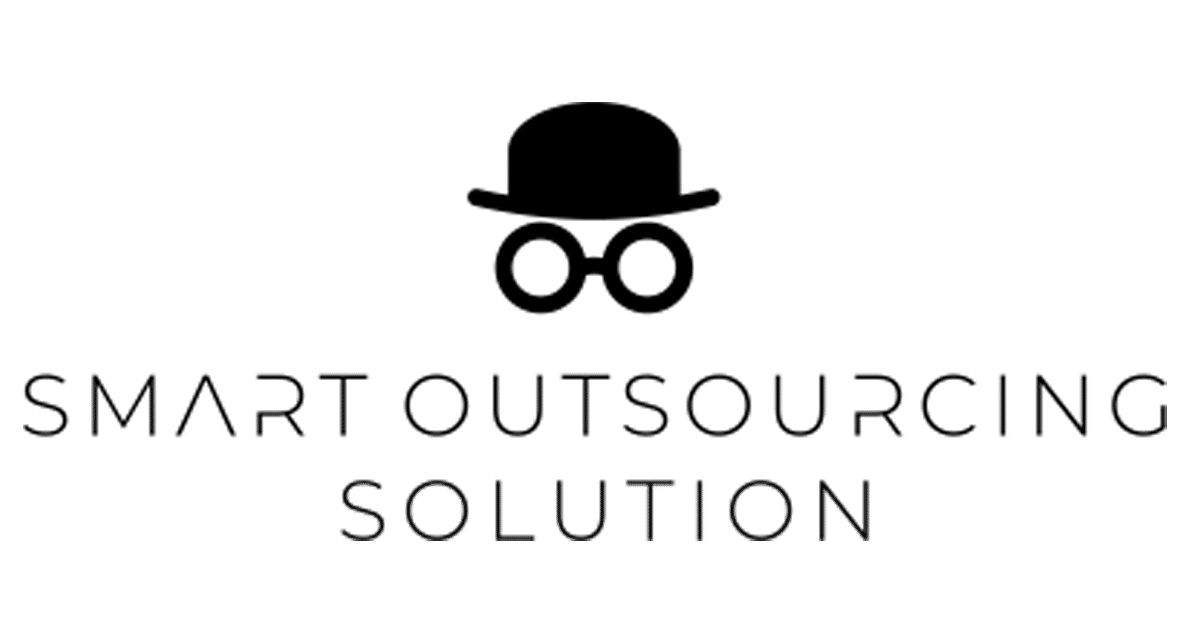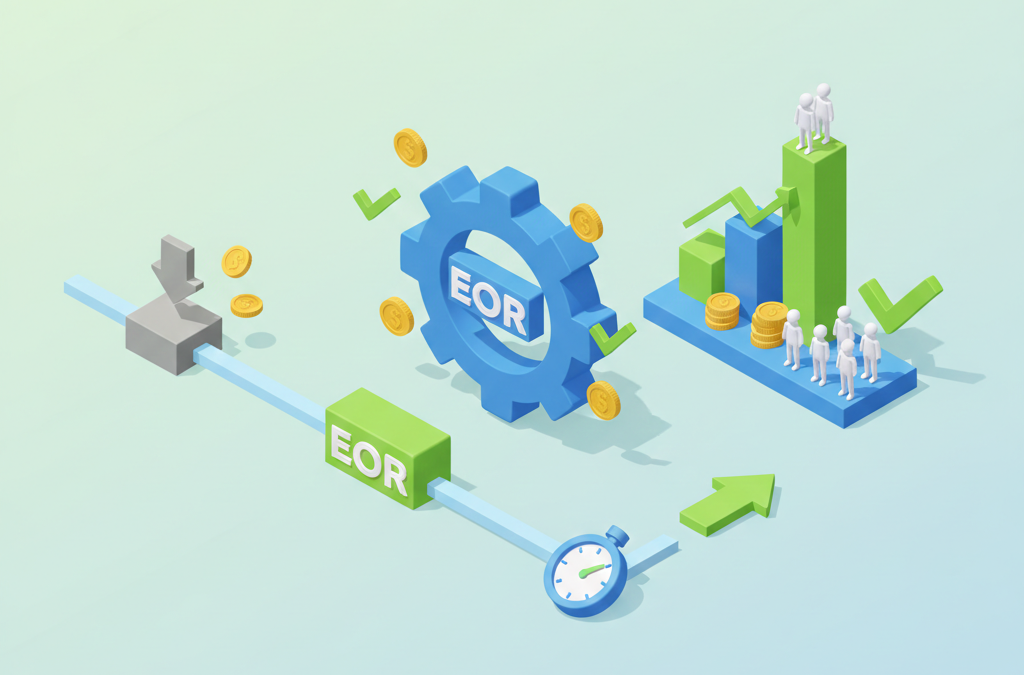🌍 Employer of Record (EOR) in 2025: Key Trends, Compliance, and Global Hiring Insights
Date updated: October 16, 2025
Introduction: Why Employer of Record (EOR) Matters in 2025
Global hiring has never been easier or more complex. As startups and scale-ups expand worldwide, Employer of Record (EOR) services—also called third-party employers, cross-border employment partners, or outsourced employment solutions—help them navigate compliance, payroll, and legal hiring without the delays of setting up a local entity. Whether hiring in the Philippines, Eastern Europe, or Latin America, EORs streamline operations, reduce compliance risk, and help build agile remote teams. This article unpacks the latest trends, practical hiring steps, and FAQs for business leaders in 2025.
➡️ Explore our Employer of Record (EOR) services to simplify your global expansion.

🌟 What Is an Employer of Record (EOR) and How Does It Work?
Definition and Core Services
An Employer of Record (EOR) is a third-party organisation, also known as a cross-border employment partner, that legally employs your international workforce. The EOR acts as the legal employer while your company oversees the employee’s daily tasks. The EOR handles:
- Employment contracts
- Payroll and tax compliance
- Statutory benefits
- Local labour law adherence
How the EOR Model Works
- You select and interview your talent.
- The EOR hires them under local laws.
- The EOR manages payroll, taxes, and compliance.
- You manage daily work and goals.
Common Use Cases
- Hiring in new markets before opening a legal entity.
- Scaling remote teams (developers, marketers, operations).
- Ensuring compliance in complex labour markets.
- Supporting international workforce management and cross-border employment across multiple countries.
❓ FAQs About Employer of Record (EOR)
What is an Employer of Record and how does it work?
An EOR legally employs staff on your behalf abroad, managing payroll, taxes, and compliance while you direct their daily work.
How can I hire in the Philippines without opening a local entity?
Partner with an EOR that employs your staff locally, handling compliance with DOLE and payroll authorities.
Is hiring through an EOR legal in the Philippines?
Yes, as long as your EOR complies with Philippine labour and tax laws.
What’s the difference between an EOR and a PEO?
An EOR is the legal employer and requires no local entity. A PEO co-employs staff but requires you to already have an entity.
Will using an EOR trigger permanent establishment?
Usually not for standard hiring, but consult a tax advisor to assess your specific risk.
How much does an EOR cost?
Typically $400–$800 per employee per month, or 10–15% of the gross salary.
How fast can I hire through an EOR?
In as little as 1–2 weeks in the Philippines.
What happens if I need to terminate an EOR-hired employee?
The EOR follows local termination laws and handles the process compliantly.
How is using an EOR different from hiring directly through your own entity?
Using an EOR means a third party is the legal employer, managing compliance and payroll. Direct hiring requires your company to register a legal entity, handle all labour compliance, and manage local payroll processes.
Sources:
• DOLE D.O.-174
• SSS
• PhilHealth (EPRS)
• Pag-IBIG
Last verified: 2025-09-15
About the Author
Martin English is the Founder of Smart Outsourcing Solution (SOS) and Co-Founder of AiDisco. With over 20 years of outsourcing experience across Southeast Asia, he helps global businesses scale remote teams and Employer of Record (EOR) operations. As an advocate for AIO (AI Outsourcing) and GEO (Global Employment Outsourcing), Martin helps organisations bridge onshore ↔ offshore talent with trust and results.




